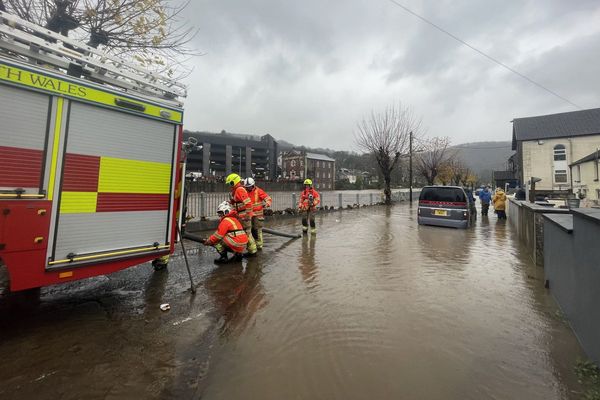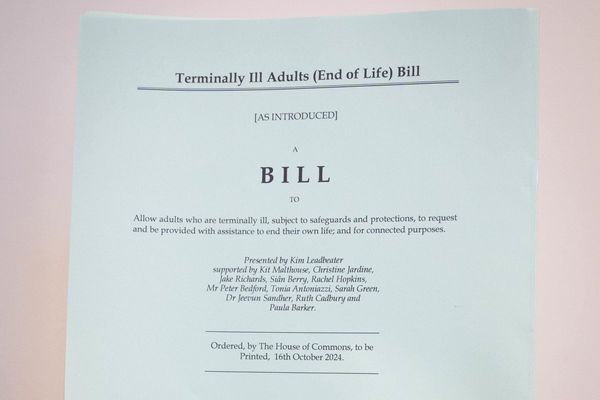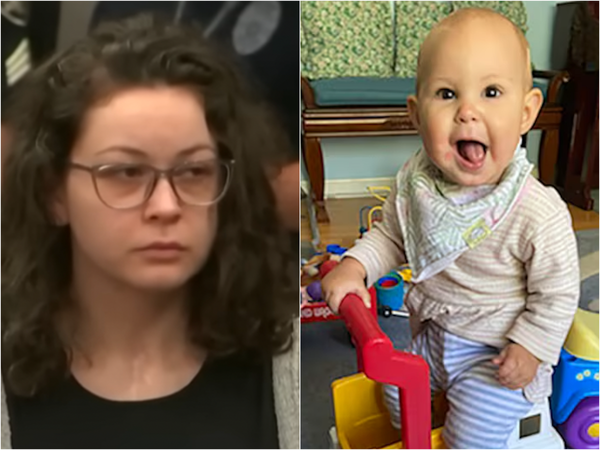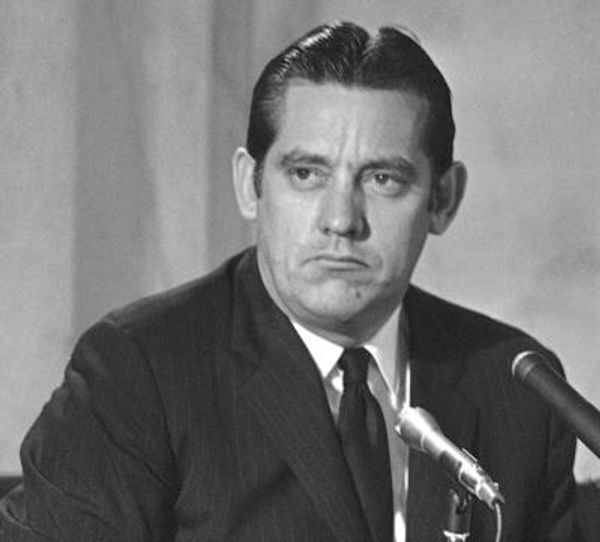Eileen Collins made four trips into space, two as a Space Shuttle pilot and two as mission commander. Both feats were firsts for women. And they were goals Collins set for herself in the fourth grade.
Collins' dream arose when she read an article about the Gemini astronauts in Junior Scholastic magazine. TV science fiction also fueled her interest. "I used to watch Buck Rogers, the (fictional) astronaut from hundreds of years in the future," Collins told Investor's Business Daily. "But then I discovered these real-life astronauts. ... They were pilots. They were engineers. They were test pilots. I wanted to be just like them."
But Collins thought her gender would stand in the way. "I never thought I couldn't do it just because I was a girl. I just thought I'd be a lady astronaut," she said. "But by the time I got to high school, I began to realize that this might be a problem."
Overcome Obstacles In Your Life Like Eileen Collins
Blasting through gender stereotypes wasn't Collins' only problem, as she wrote in her memoir, "Through The Glass Ceiling to the Stars." Her father was supportive — when he was sober. "But he was not a happy drunk," she said. "It was scary. I had a good relationship with my dad. We got along even though I was afraid of him when he was drinking."
But she turned this negative into a positive. "I think my relationship with my dad, if you want to look at the good side, helped me work with the men in the Air Force and at NASA in male jobs. It helped me understand adult men," she said.
Another problem was her academic record. Collins was not the best student. "What flipped it around was my high school graduation," she explained. "The names of all the seniors who won scholarships and awards were announced and they would walk on stage and get their award. And I'm sitting in the audience realizing I wasted my high school years by goofing off by partying and hanging out with my friends."
She reevaluated her relationship with education. "I was very good about going to class and doing work, but I never tried to excel," she said. "On that day, I decided I'm going to change my life. I need to see how good I can be; what I'm capable of. It's one of the reasons I think there should be award programs. I makes kids who don't get awards try harder."
Her best post-high-school option was an area community college. But she put in the effort this time and earned almost straight A's. She also landed an Air Force ROTC scholarship at Syracuse University.
Take Advantage Of Opportunity
In a fortunate coincidence, as Collins was graduating from school, the Air Force changed its policy regarding the qualifications necessary for women to apply to flight school. For the first time, recent graduates might be accepted. In August 1978, newly commissioned 2nd Lt. Collins reported to Lackland Air Force Base in Texas. She was one of only eight college graduates selected.
From there it was on to advanced flight training at Vance AFB in Enid, Okla., which never processed a woman candidate before. "I think the men respected the women," Collins said.
But this was 25 years ago. And there were incidents — stinging jokes, for instance — that likely would not be acceptable today. Collins ignored them rather than try to "fight the system." Collins thought there was more at stake.
"This was a test program," and how she reacted would impact "all the women behind me. I tried to fit into the culture. I wasn't going to fight the system while I was in pilot training."
Collins: Set An Example For Others
The concern for not just her own career but also for future female astronauts stayed with Collins for the rest of her career.
Lisa Reed saw this firsthand. Reed served as shuttle mission training lead. She was part of a team that stayed with launch crews to help prepare them for missions. In that role, Reed observed Collins.
"She definitely didn't want the fact that she was the first woman, should something with her performance be off, also be used as an excuse to not have more women pilot astronauts in the future," Reed said. "That was a lot of pressure."
But Collins survived. She became a pilot instructor. Collins became the second woman to enter the Air Force test pilot program, but also the first as pilot/commander in the astronaut program (Previously, female astronauts were mission specialists, scientists who conducted experiments in space).
Take Lessons From Your Training
Collins took valuable lessons from her training. For instance, in POW training, she discovered keys to leadership. "Those who emerge from the program as leaders are the ones who have the necessary knowledge and the positive attitude to keep the group cohesive and alert," she wrote.
"Eileen is one of the best leaders I have ever worked with," Reed said. "Her leadership style was a mix of authoritative and democratic. She set the tone and cadence for the mission from the get-go. She led by example, inspiring her crew members to follow her in carrying out the mission goals."
Know That Leaders Listen
Collins remembers when she took command of an aircraft with a large crew. Many crewmates had been flying longer than she had. Listening to them is important, she found.
"It's so frustrating to them if you have a new aircraft commander come in and start telling them how to do their jobs. And they're thinking: I've been doing this for 15 years. Why are you trying to tell me how to do my job?" she said.
That is not to say you delegate responsibility. "What I found out in my shuttle days is that it's important to tell people I heard what you had to say. I listened to you. But we're going to go with this choice," she said. "I want you to know that I considered what you told me, but now I need you to get on board with the team. They will have the right attitude if they feel listened to."
Share Responsibility Like Collins
Collins also learned the importance of sharing responsibility. Because she'd been in the Air Force longer, Collins was the senior officer when she entered the test pilot program — a major while the others were captains.
"I didn't want the job," she recalled. Looking back, "I had enough to do being a student at the text pilot school. I didn't want to take on all these administrative duties, the staff meetings. But I had to because I was the senior ranking officer, and that's the way it goes in the military."
She found out she could delegate some of the duties to classmates. She told them to just let her know if they ran into any problems.
"I wanted to be a more of a be-there-in-case-you-need-me type of leader. The thing I learned is you can be a good leader and not run the entire show," she said.
Learning to lead was just one area where she improved on over time. "I don't think I would do anything different in my professional life. It was bumpy. There were failures. But I learned from them. The value we get from mistakes we make is valuable," she said.
Collins' Keys
- Four-time astronaut, including two stints as Space Shuttle pilot and two as commander — both firsts for women.
- Overcame: Navigating a training system that was designed by men for men.
- Lesson: "Never ever let your guard down. Even the sharpest and most respected people can make mistakes."







